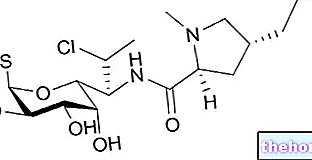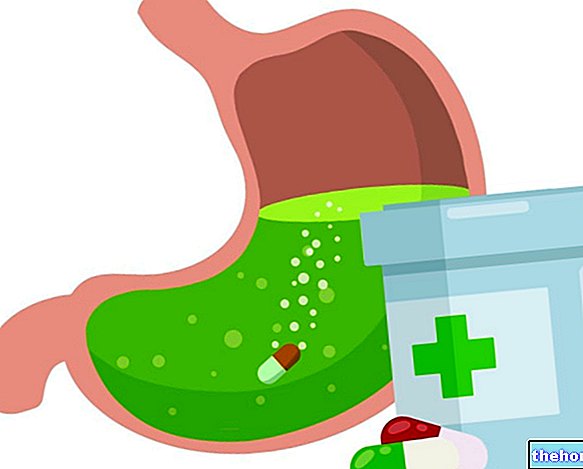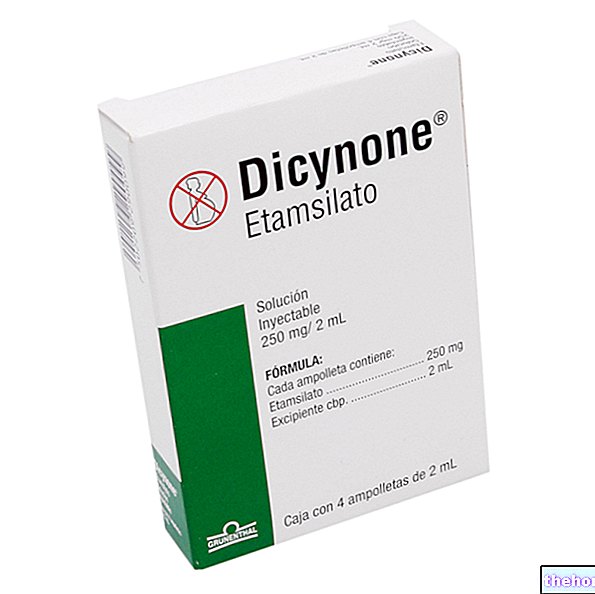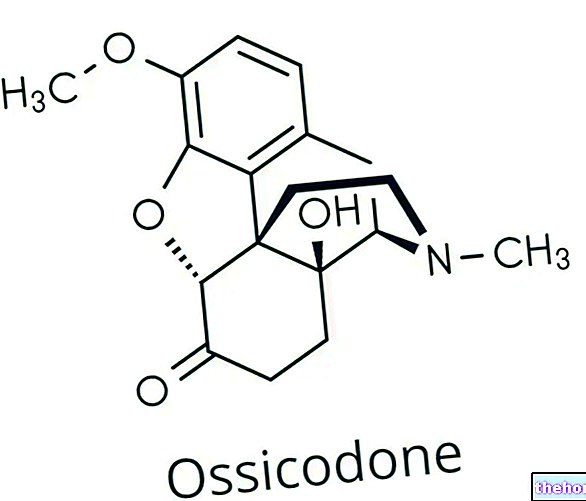ISOCOLAN ® is a drug based on Polyethylene glycol and salts.
THERAPEUTIC GROUP: Laxatives - Osmotic laxative.
-e-sali.jpg)
Indications ISOCOLAN ® Polyethylene glycol (PEG)
ISOCOLAN ® is used both in the treatment of temporary constipation and as a method of cleansing and cleansing of the colon, useful before exploratory interventions (colonoscopy, rectoscopes, sigmoidoscopy, prostate biopsy, etc.).
Mechanism of action ISOCOLAN ® Polyethylene glycol (PEG)
ISOCOLAN ® can be counted among the osmotic laxatives, in particular among the saline purgatives. In fact, its laxative action is not determined by the presence of molecules capable of acting on the intestinal mucosa, inducing its peristalsis, but by the particular combination of salts and macromolecules, such as PEG, which allow the medicine to be completely iso-osmotic with respect to the blood and cells, preventing any type of hydro-electrolytic exchange between blood, intestinal mucosa and lumen. In this way we assist in the passage of liquids in the colon, with consequent progressive hydration of the stool, up to the liquid and clear evacuation.
The main therapeutic action is due to two components of ISOCOLAN ® in particular to the sulphate ion, useful in inhibiting the Na / Cl pump and to avoid saline exchanges, and to PEG, an osmotically active macromolecule able to maintain the presence of water intraluminal, preventing its absorption.
These effects materialize in the laxative action of ISOCOLAN ® in low dosages, and detergent in higher dosages.
Studies carried out and clinical efficacy
THE LAXATIVE EFFECTS OF PEG
Int J Clin Pract. 2010 Jun; 64: 944-55.
Systematic review and meta analysis: polyethylene glycol in adults with non-organic constipation.
Belsey JD, Geraint M, Dixon TA.
Although polyethylene glycol and derived drugs are used above all in the pre-interventional phase, in order to ensure proper cleansing of the colon, a "careful review of the literature has shown how this active ingredient can also be an excellent laxative for the treatment of constipation," also more effective than other osmotic laxatives such as lactulose.
ISOCULAN IN PREGNANCY
J Midwifery Womens Health. 2004 Jul-Aug; 49: 355-8.
Polyethylene glycol electrolyte solution (Isocolan) for constipation during pregnancy: an observational open-label study.
Neri I, Blasi I, Castro P, Grandinetti G, Ricchi A, Facchinetti F.
An all-Italian study that tests, in a clinical trial, the efficacy of ISOCOLAN in the treatment of constipation during pregnancy. The results show that of the 37 women treated, as many as 27 (73%) achieved a significant improvement in the clinical picture, with an increase in the frequency of bowel movements and a significant reduction in abdominal pain. The safety aspect of the drug remains to be clarified.
PEG AND ANGIOEDEMA
Gastrointest Endosc. 2006 Aug; 64: 294-5
Angioedema as a hypersensitivity reaction to polyethylene glycol oral electrolyte solution.
Assal C, Watson PY.
Polyethylene glycol and associated electrolyte solutions proved to be very well tolerated and free from clinically relevant side effects. Despite this, there are different case reports in the literature that denounce episodes of high susceptibility to the drug, in most cases also accompanied by angioedema.
Method of use and dosage
ISOCOLAN ® 34.8gr (500ml) / 17.4gr (250ml) / 8.7gr (125ml) sachets containing respectively 29.5 / 14.75 / 7.37 of PEG, 2.84 / 1.42 / 0.71 of sodium sulphate and other salts: in case of intestinal cleansing, useful before diagnostic tests, the medical prescription must be strictly followed. In principle, you should drink from 2 to 4 liters of liquid, appropriately distributed at intervals of 15/30 minutes, in order to obtain a liquid and clear effluent free of fecal residues. In the treatment of constipation, on the other hand, one usually resorts to the use of a 34.8 g sachet diluted in 500ml of water, to be taken between meals.
Any dosage adjustment, also useful for maintaining the regularizing effect on the alvus, should be formulated by the doctor after having carefully examined the efficacy of the therapy.
ISOCOLAN ® Polyethylene glycol (PEG) warnings
ISOCOLAN ® requires prescription and medical supervision; therefore it is advisable to consult your doctor before taking, carefully following his advice and the related therapeutic plan.
Particular attention should be paid to patients suffering from cardiovascular diseases, for whom medical monitoring is essential.
Although ISOCOLAN ® is quite safe and well tolerated, the abuse of laxatives could cause significant electrolyte imbalances, with consequent dehydration and an increase in the risk of heart and muscle diseases, with a reduction in intestinal function.
ISOCOLAN ® does not appear to interfere with the normal ability to drive vehicles and use machines.
PREGNANCY AND BREASTFEEDING
There are currently no studies useful to understand the safety profile of this drug when taken during pregnancy or while breastfeeding.
For this reason, it would be advisable to avoid the intake of ISOCOLAN ® during these periods, favoring other laxatives whose safety profile has been better characterized.
Interactions
The increased intestinal transit induced by laxatives could lead to a reduction in the absorption of nutrients and active ingredients; therefore it would be advisable to allow at least 2 hours after taking a medicine before using the laxative.
Contraindications ISOCOLAN ® Polyethylene glycol (PEG)
ISOCOLAN ® is contraindicated in case of acute abdominal pain, affections of the gastrointestinal tract, diarrhea, vomiting, intestinal stenosis or obstruction, pregnancy and lactation and of course also in case of hypersensitivity to one of its components.
ISOCOLAN ® must never be used in children.
Undesirable Effects - Side Effects
The most commonly described side effects following the intake of ISOCOLAN ® are all related to the gastro-intestinal system, and are mainly characterized by nausea and a sense of fullness.
In case of abdominal pain and a sense of distension, it would be advisable to slow down the intake or stop the therapy in order to ensure the regression of symptoms.
The abuse of laxatives could lead to dehydration, profuse diarrhea and loss of normal peristalsis with consequent chronic constipation.
Note
ISOCOLAN ® is a drug that can only be sold under medical prescription.
The information on ISOCOLAN ® Polyethylene Glycol (PEG) published on this page may be out of date or incomplete. For a correct use of this information, see the Disclaimer and useful information page.




























